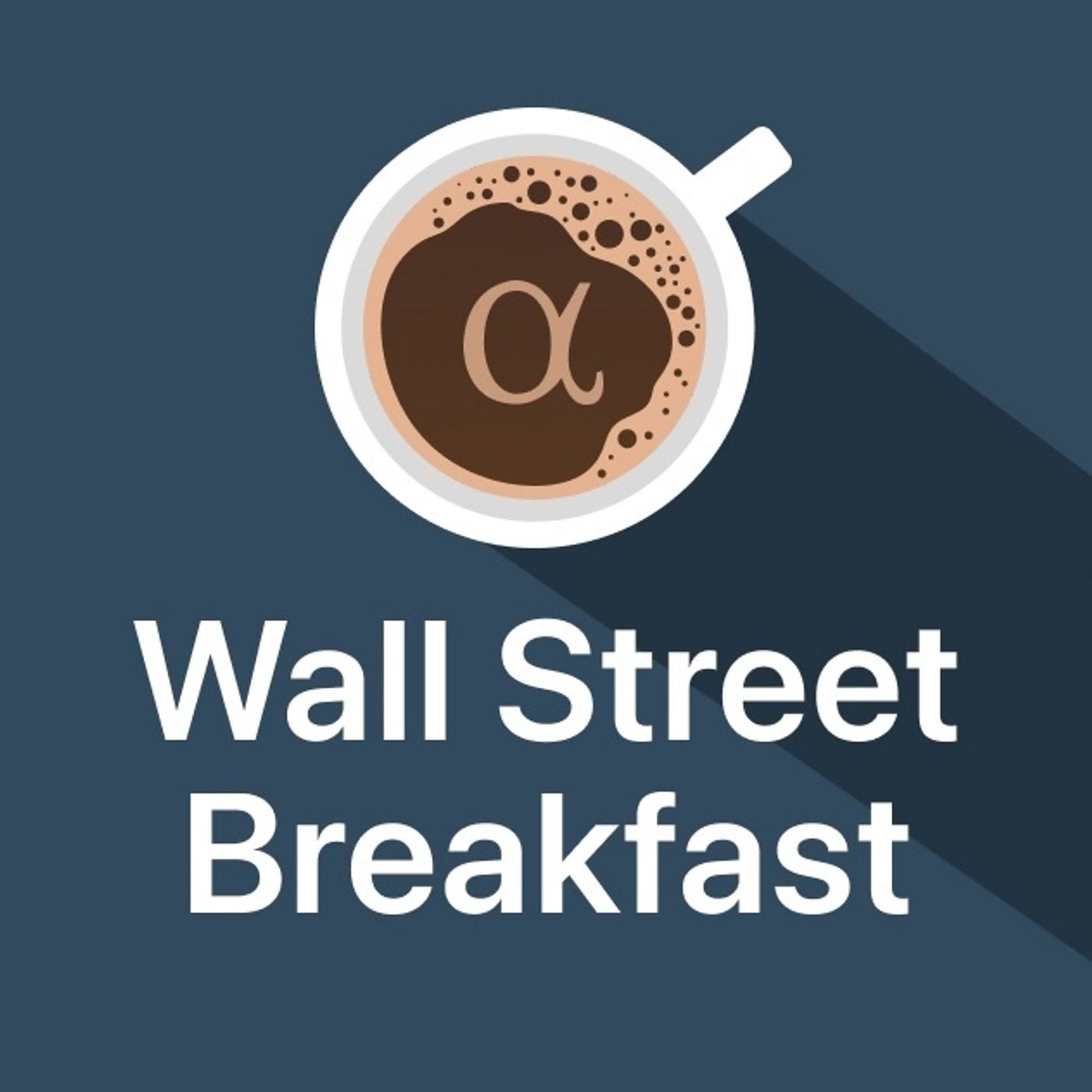
Inflation shows little tariff impact

Wall Street Breakfast
Deep Dive
Shownotes Transcript
Welcome to Seeking Alpha's Wall Street Lunch, our afternoon update on today's market action, news, and analysis. Good afternoon. Today is Tuesday, May 13th, and I'm your host, Kim Kahn. Our top story so far. Inflation stays on the dovish side, but markets are hesitant to act amid another shift in the trade landscape.
The April consumer price index rose 0.2%, better than the 0.3% consensus, but rising from down 0.1% in March. On a year-over-year basis, the inflation measure increased 2.3%, less than the 2.4% consensus, and slowing from the 2.4% pace in the previous month. It was the smallest 12-month increase since February 2021.
Core CPI rose 0.2% versus the 0.3% consensus and 0.1% prior. That translated to 2.8% year-on-year, in line with consensus estimates and unchanged from March's pace. BlackRock's Rick Reeder says, "...while rapidly evolving tariff news has shocked markets in recent weeks and months, and economic survey data has been notably weak, we have yet to witness significant influences from tariffs on the inflation data."
Indeed, CEO confidence has dropped to its lowest level since 2013, and we have seen metrics for worst financial conditions and economic policy uncertainty reach some of their highest levels since the 1990s and 2000s, respectively. But the hard economic data, whether on labor or inflation, still appears resilient.
Pantheon macroeconomist Samuel Toombs notes that tariffs have actually caused some disinflation as the uncertainty and drop in consumer confidence generated by the tariffs has weighed on prices for discretionary services. The bond market was fairly noncommittal, with the 10-year yield moving above and below 4.48%. The market is still pricing in to Fed rate cuts of 25 basis points this year, with the first coming in September.
Skyler Winan, CIO of Reagan Capital, says, Among active stocks, UnitedHealth is slumping after the managed care giant announced the resignation of CEO Andrew Witte due to personal reasons.
The company suspended its 2025 outlook, noting an ongoing increase in medical care activity. Additionally, the company said that medical costs of many Medicare Advantage members in its UnitedHealthcare insurance unit remained higher than expected. C-Limited is rallying as first quarter results were driven by strong performance in its e-commerce business, which helped the company's operating income rise more than six-fold to top estimates.
The owner of the Shopee platform saw e-commerce gross merchandise value rise by 21.5% to $28.6 billion, helped by improved profitability across both Asia and Brazil. Hertz is tumbling after the car rental company reported a quarterly loss that missed street estimates, while revenue dropped 13%.
CFO Scott Harrelson said on the earnings call that while the company's core operating components are moving in the right direction, a few headwinds that the company faces include accounting changes and some related to insurance that will have a lag effect on some of the initiatives that we put in place. And Boeing is active following a report that China quietly lifted restrictions on the delivery of its aircraft.
Bloomberg reports that Chinese regulators and foreign domestic airlines and relevant government bodies that they may now resume accepting U.S.-built Boeing planes. This marks a significant shift after Boeing was forced to return several undelivered aircraft from its China delivery center to the U.S. in recent weeks.
In other news of note, AMC Entertainment will slash Wednesday ticket prices by half in a push to ramp up attendance. The company will begin rolling out discounts from July 9th onwards, following talks with top Hollywood studios. The move comes after sales from the company's theater admissions declined 11% from a year earlier, which offset its double beat when it reported first quarter results last week.
CEO Adam Aaron said, realistically, we could not afford to have made this change for our ticket pricing strategy until the box office showed true signs of sustained recovery. But in April and now in May, the box office has been booming, and the remainder of 2025 appears poised to continue that upward box office trend.
And in the Wall Street Research corner, Goldman Sachs re-upped its target for the S&P 500 in the wake of the tariff landscape 3.0. Strategist David Koston raised his year-end target for the benchmark index to $6,100 from $5,900. He also raised his 12-month target to $6,500 from $6,200.
Still light equity investor positioning is the strongest argument for continued near-term market upside, Koston said. Last Friday, our equity sentiment indicator registered negative 1.5 standard deviations, a level that typically indicates above-average S&P 500 returns during the subsequent two to eight weeks.
Hedge fund net leverage and systematic fund equity exposures still register particularly low levels relative to recent history. Goldman's economists also cut the odds of a U.S. recession to 35% for 45%. The recent shift in trade policy has reduced the probability of recession. However, investors, consumers, and corporate managements will still need to grapple with the economic impact of higher tariffs and the uncertainty surrounding where tariff rates will land following the current 90-day extensions, they said.
That's all for today's Wall Street Lunch. Look for links for stories in the show notes section. Don't forget, these episodes will be up with transcriptions at SeekingAlpha.com slash WSB. And join the elite community of real investors to unearth great investing ideas. Just head to SeekingAlpha.com slash subscriptions.